Quantum Technology Access Programme
Programme
Separating opportunity from hype to understand industry challenges that may be best solved by quantum computing.
Technology
New quantum devices such as quantum sensors, quantum clocks and quantum key distribution will impact many of our technologies. In the future quantum computing will be used to solve complex, real-world, problems, and may be able to crack existing encryption schemes.
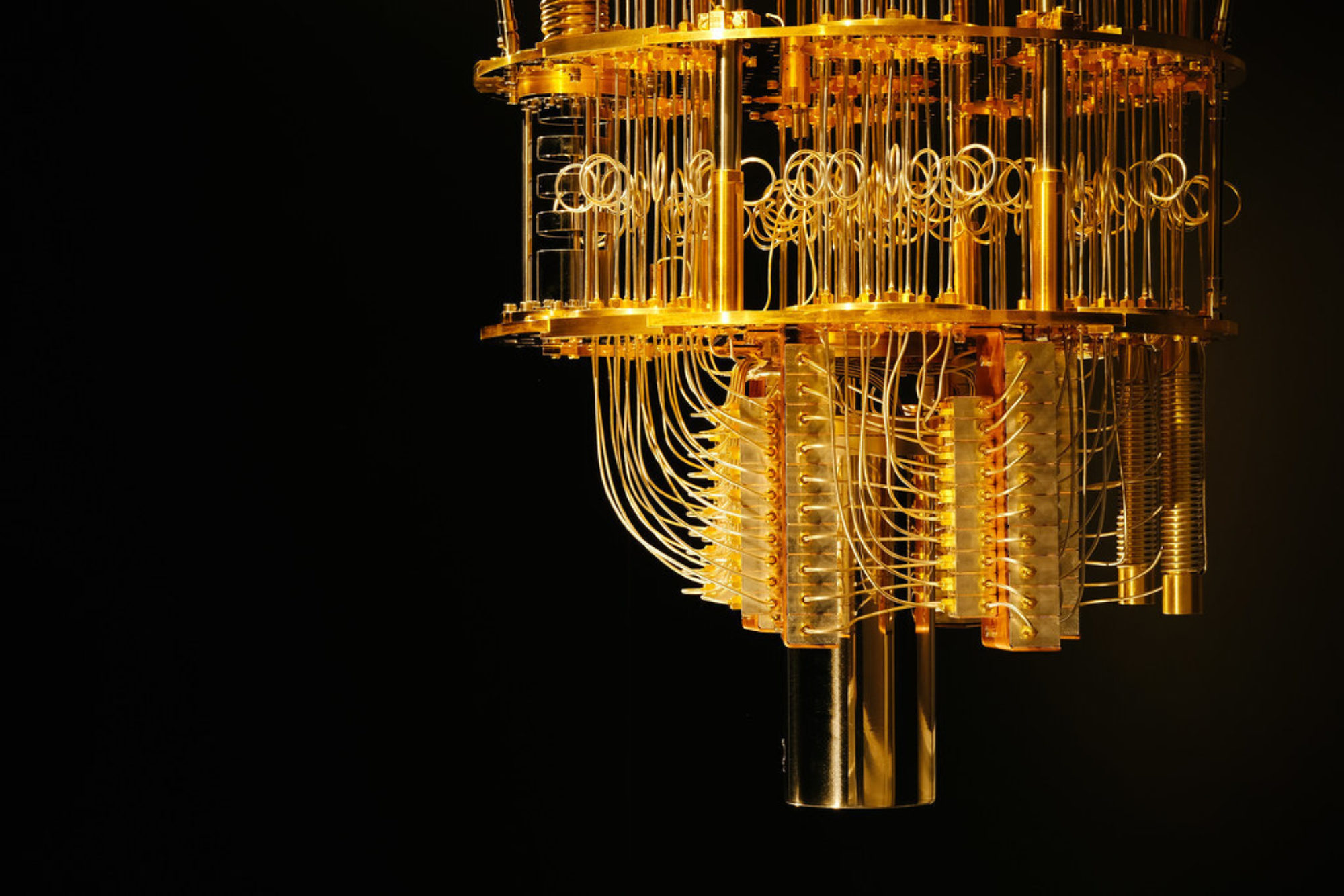
Quantum computers depend on quantum effects that are only relevant at small scales. A qubit, the quantum equivalent of a bit, can be in a “quantum superposition” of two different states at the same time. Compared to normal or “classical” computing, where a bit is only ever in one of two binary states, a qubit can hold much more information due to this superposition of states.
A quantum computer, parallel processing over many qubits, can give huge benefits over classical computers for some computations problems.
For example, finding a room temperature superconductor would help solve the world’s energy problems, but classical computers can’t simulate the required quantum systems with many entangled particles. Medical research could benefit because classical computers can’t simulate large molecules. Machine learning algorithms are also sometimes limited by classical computing constraints. In the future all these difficult problems will be solved by quantum computers, leveraging their fundamentally different computing approach.
We are working with our industrial partners to separate the opportunities from the hype, and understand the specific problems that may be best solved on quantum computers in the near future. We help organisations become “quantum ready” to reap the benefits of quantum computing, with future use cases possibly including optimisation, simulation of physical systems and machine learning. We are working to develop a blueprint for a quantum/classical hybrid data centre with experts in classical data centres, networking, quantum computing and quantum communications.
Our paper, “A Minimal Introduction to Quantum Computing” has been written to help ease understanding of quantum computing by computing professionals (for instance, a programmer, a machine learning engineer or a data scientist). Drawing directly from the experience of the first author, who began this journey as an AI/ML professional, with the help of the second author, a quantum computing professional, to smooth the way.
Our paper, “Machine Learning for Quantum Computing Specialists” accompanies A Minimal Introduction to Quantum Computing.
Quantum Machine Learning (QML) is a promising area of quantum computing. This paper is for those who already have a sound knowledge of quantum computing and wish to gain a basic overview of the terminology and some applications of classical machine learning ready to study quantum machine learning.
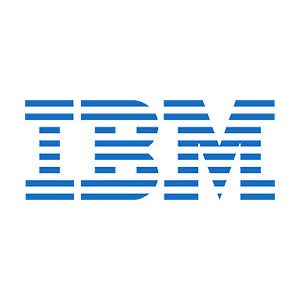
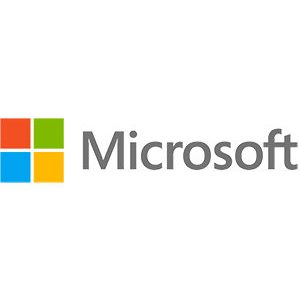
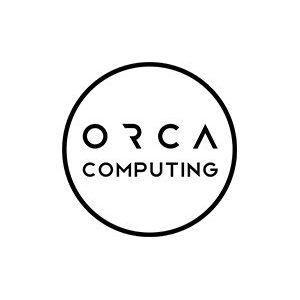


Digital Catapult offers a range of services to help your organisation benefit from advanced digital technologies.
Services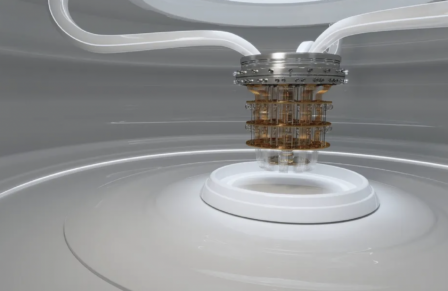
Leading businesses on Digital Catapult’s Quantum Technology Access Programme (QTAP) showcase the potential for quantum computers to transform energy, infrastructure…
Find out what you missed at the UK National Quantum Showcase from Digital Catapult’s leading Quantum Computing expert.
Digital Catapult announces eleven leading British businesses have been accepted onto a first-of-its-kind Quantum Technology Access Programme, to overcome industrial…
A new report exposes the barriers hindering underrepresented founders from accessing investment for their advanced digital technology startups in the…